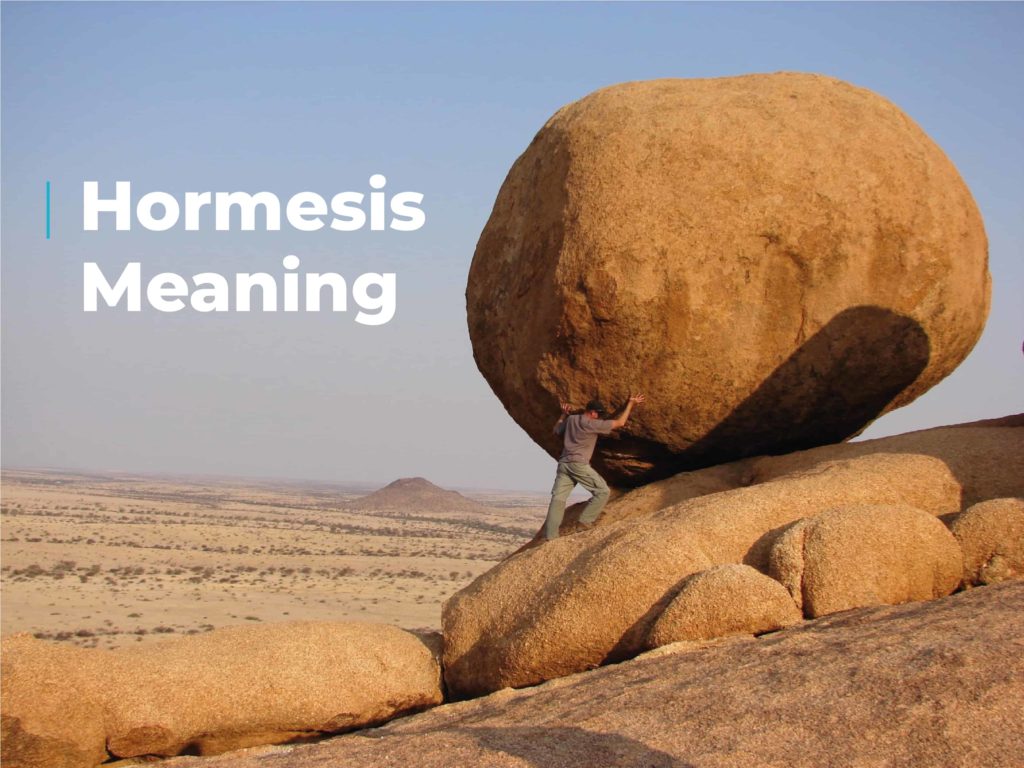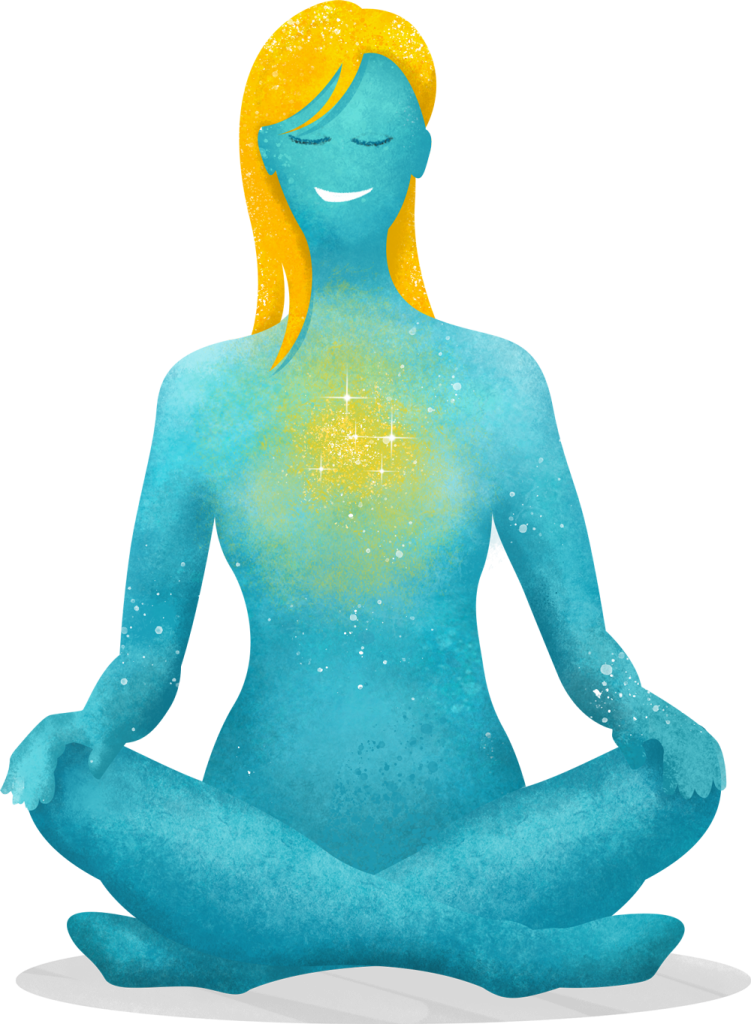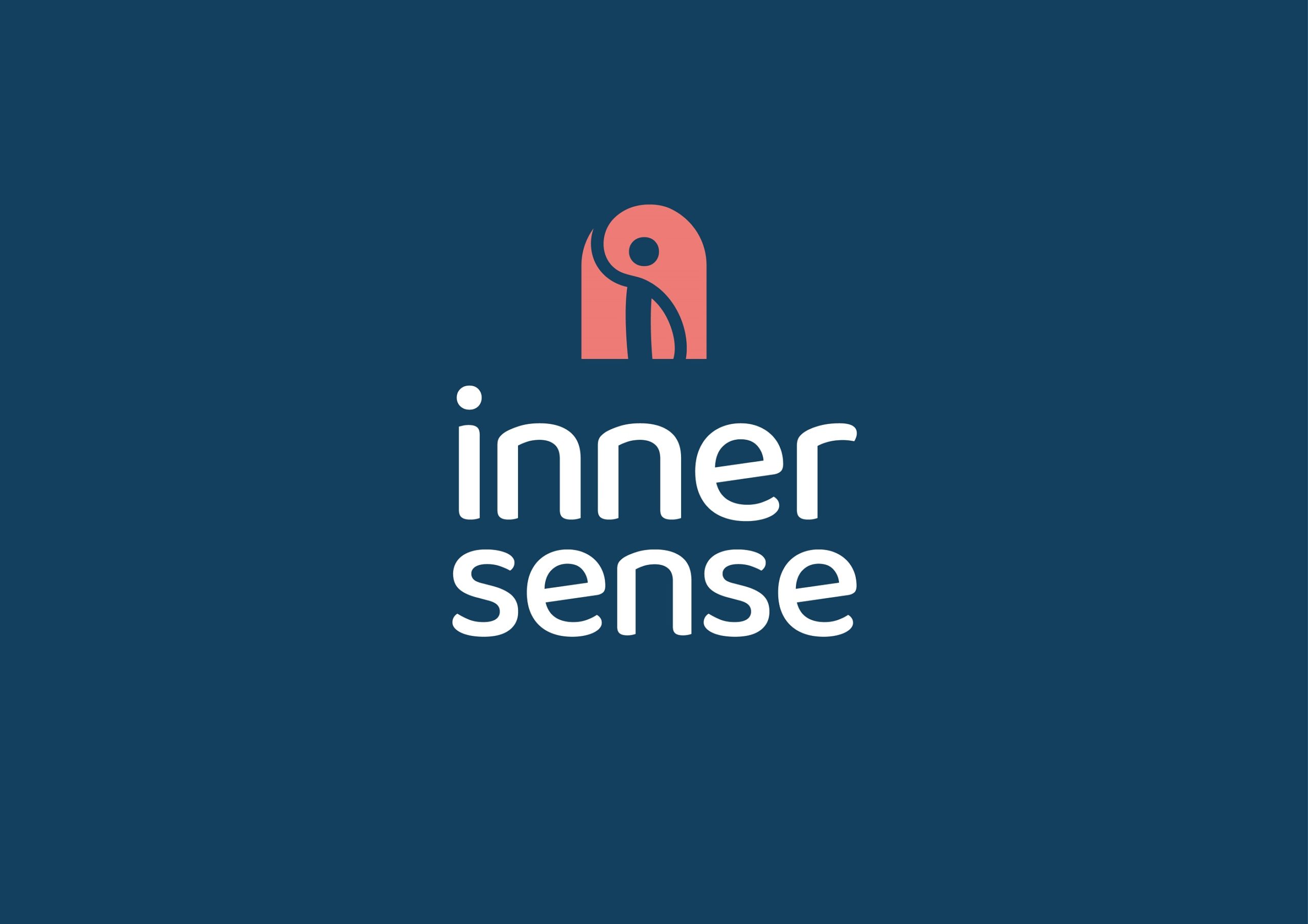Everything in moderation.
What doesn’t kill you makes you stronger.
It’s the dose that makes the poison.
No doubt you’ve heard these well-known phrases countless times, but did you know there’s science backing them up? In this post, we’re taking a look at hormesis to explain.
What Is Hormesis?
Hormesis refers to the way organisms respond to stress factors. A stressor can be anything that disrupts the homeostasis of our body, or, in other words, throws us off kilter. This might be environmental factors, chemical agents or mental stress. 1 Depending the strength and duration of the stressor, the response can be beneficial or harmful to us. A high dose of a stressor over a sustained time can have a damaging effect; however, a quick, low dose of the same stressor can really boost our health.
It’s also worth noting that if there’s too little exposure to a stressor our health may suffer. So how do we find the sweet spot?
Harnessing the Power of Hormesis
In recent years, research into hormesis has grown to include nutrition, aging and the development of disease; however, the study is still in its infancy and clear recommendations for the precise doses of stressors are few and far between.2 Add to the mix that everyone’s different, and it becomes very difficult to put a precise figure on the perfect amount of stress.
That said, there are some tried and tested ways we can safely put stress on our bodies to harness the power of hormesis:
Exercise
Exercise puts us under stress, and overdoing it can cause inflammation in the body – the root of many diseases. Overtraining can also result in fatigue and irritability, as well as putting us at a higher risk of injury.3 However, if used correctly, this stress can be harnessed by the body to reinforce itself. 4
Light
Too much sunlight can cause serious skin damage. And exposure to manmade light before bed can interfere with our hormonal system, making it difficult to sleep. However, the right dose of natural light stresses our bodies in a beneficial way, resulting in many adaptations including the production of the steroid hormone, vitamin D. 5
Eating
Plants, including vegetables like carrots, broccoli and lettuce, all contain toxic chemicals – they’re in fruits and fungi too.6 In large quantities, these chemicals can be harmful to our bodies; however, in the very small amounts found in these unrefined wholefoods, our bodies are able to use the stress to create a really beneficial reaction. 7
Fasting
Long-term abstinence from food puts undue stress on the body and would eventually have severe consequences. However, taking a shorter break from food stimulates a number of really beneficial processes in the body, including cell renewal.
Sources and References
Photo by Vicky Sim on Unsplash
- Calabrese, E.J., Mattson, M.P. How does hormesis impact biology, toxicology, and medicine?. npj Aging Mech Dis 3, 13 (2017).
- Santoro A, Martucci M, Conte M, Capri M, Franceschi C, Salvioli S. Inflammaging, hormesis and the rationale for anti-aging strategies. Ageing Res Rev. 2020 Aug 16:101142. doi: 10.1016/j.arr.2020.101142.
- Leischik R, Dworrak B. Ugly duckling or Nosferatu? Cardiac injury in endurance sport – screening recommendations. Eur Rev Med Pharmacol Sci. 2014;18(21):3274-90.
- Peake, J.M,, Markworth, J.F., Nosaka, K., Raastad, T., Wadley, GD5, Coffey VG. (2015) Modulating exercise-induced hormesis: Does less equal more? J Appl Physiol 2015 Aug 1;119(3):172-89.
- Merrill RM, Frutos AM. Ecological Evidence for Lower Risk of Lymphoma with Greater Exposure to Sunlight and Higher Altitude. High Alt Med Biol. 2020 Mar;21(1):37-44. doi: 10.1089/ham.2019.0054. Epub 2019 Nov 25. PMID: 31765244.
- Martel J, Ojcius DM, Ko YF, Ke PY, Wu CY, Peng HH, Young JD. Hormetic Effects of Phytochemicals on Health and Longevity. Trends Endocrinol Metab. 2019 Jun;30(6):335-346. doi: 10.1016/j.tem.2019.04.001. Epub 2019 May 3. PMID: 31060881.
- Martucci M, Ostan R, Biondi F, et al. Mediterranean diet and inflammaging within the hormesis paradigm. Nutr Rev. 2017;75(6):442-455. doi:10.1093/nutrit/nux013



